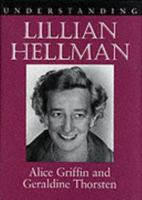The Adventures of Pilot: Finding a Forever Friend
Select Format
Select Condition 
Book Overview
A heartwarming and delightful story of Pilot, the brave and devoted service animal, and his unbreakable bond with the red-haired man It's a tale of love, adventure, and the incredible connection that can form between humans and their loyal animal companions. Pilot's journey from a shelter pup to a dedicated service animal is truly inspiring, and his enthusiasm and courage shine through every step of the way. Thank you for reading his heartwarming story
Jim Carter
Format:Hardcover
Language:English
ISBN:B005H75AHE
ISBN13:9780825436017
Release Date:June 1959
Publisher:Kregel Publications
Length:1208 Pages
Weight:4.35 lbs.
Dimensions:2.7" x 6.8" x 9.6"
More by Geraldine Thorsten
Customer Reviews
6 customer ratings | 6 reviews
There are currently no reviews. Be the first to review this work.

























